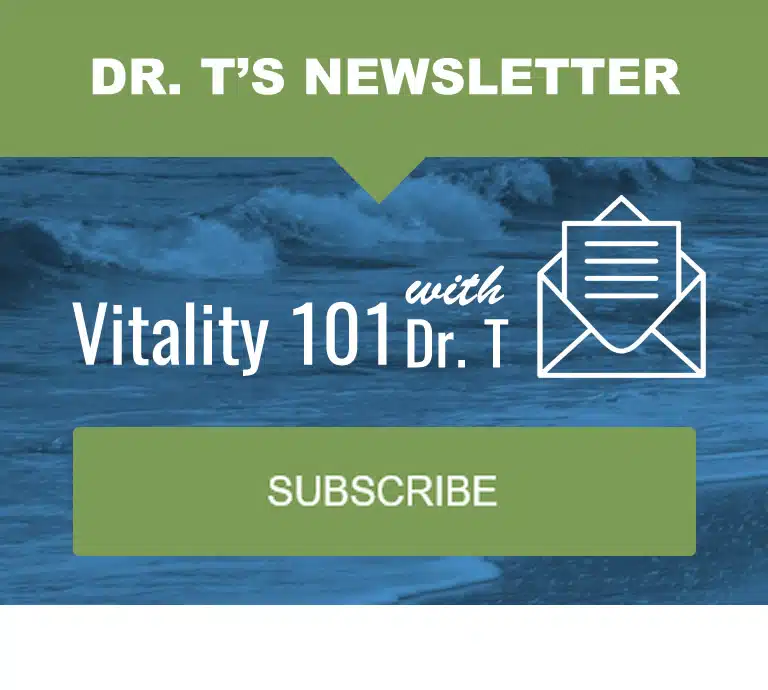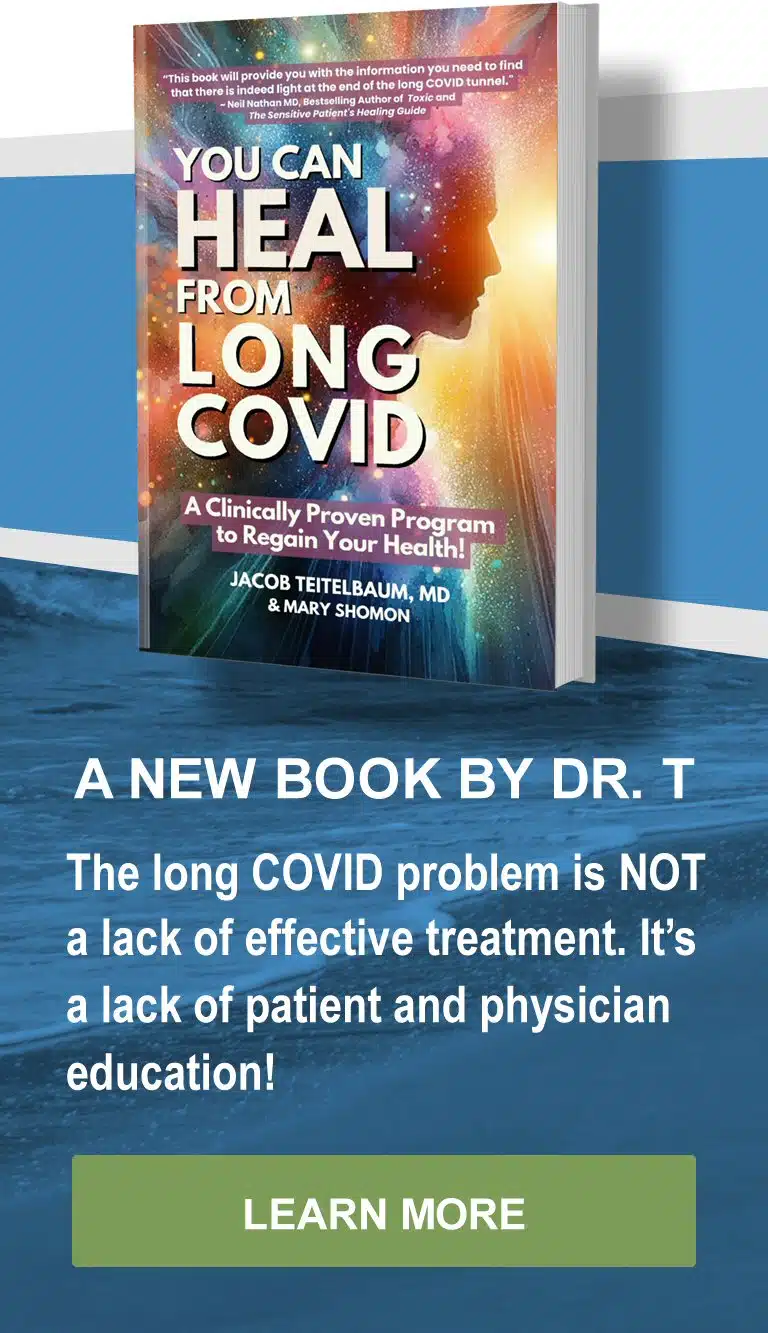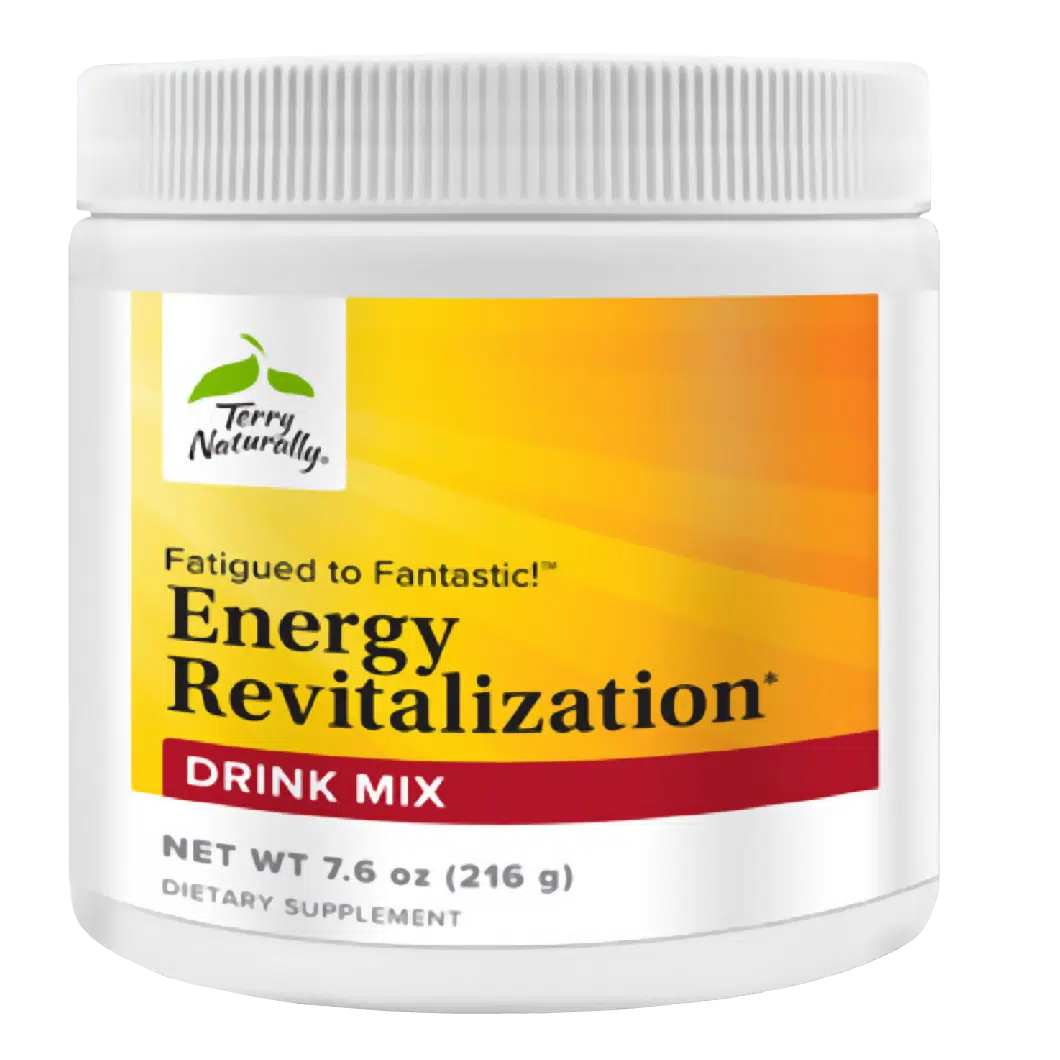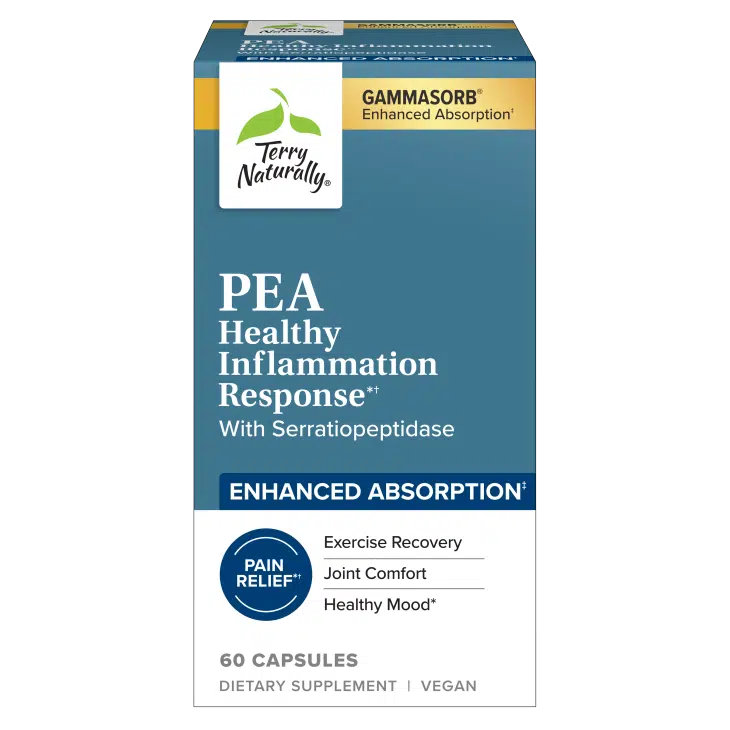Specific Health Topics
Bone Health
Promoting Healthy Bones Through Nutrition
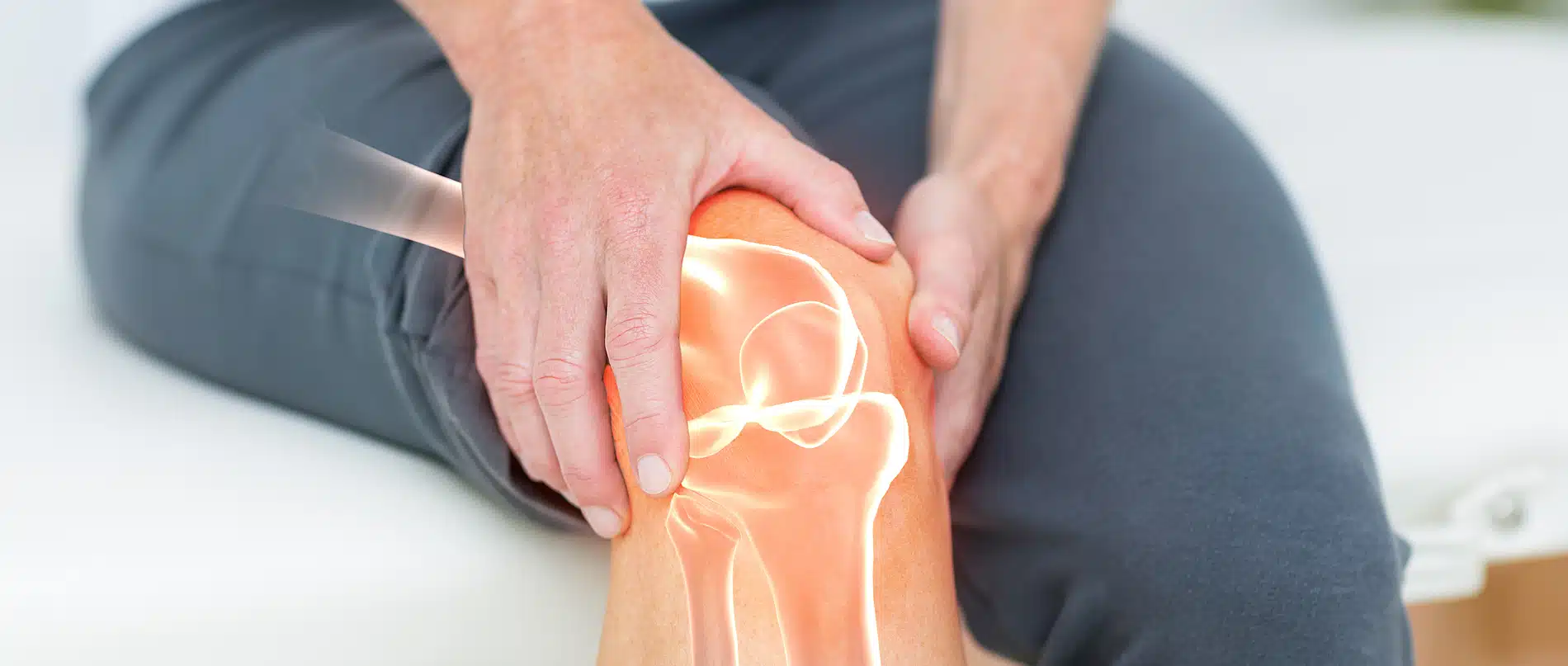
Loss of bone density, called osteopenia when mild and osteoporosis when severe, is becoming more and more common as our population ages and becomes more sedentary. It is also often seen in young people with chronic fatigue, fibromyalgia or pain. Osteoporosis can worsen with age, inactivity, and hormonal deficiencies (estrogen, testosterone, and DHEA). Currently, the rate of osteoporosis among older women is estimated to be about 29 percent. Yet only 13 percent of older women have been diagnosed with the disease. Osteoporosis can be easily diagnosed by performing a simple test called a DEXA scan.
To treat bone issues such as these, most doctors prescribe medications such as Fosamax® and calcitonin. The usual dose is 70 mg once a week on an empty stomach taken with a full glass of water. It is best to take it immediately on waking and then stay upright for 30 minutes so gravity helps it get past the stomach quickly (it can irritate the stomach). The generic is less than 1/20 the cost of the brand name pills (it's always good to check Costco to see what generics should cost). Although Fosamax has been associated with jaw problems, the risk of this is much lower than the risk of a fracture, so until your bone density improves from osteoporosis to the milder osteopenia, you should continue the biphosphonate medication (like Fosamax).
I also recommend promoting bone health through nutrition. You can follow the advice below even while taking medications and then, after you no longer need the medications, continue the nutritional supplementation to help you maintain strong bones.
Best Supplements for Promoting Bones Strength
In addition to weight-bearing exercise, calcium (which has received most of the media attention) and natural estrogen, many other nutrients promote bone density. These include magnesium, boron, folic acid, copper, manganese, zinc, and vitamins B6, B12, D and C. All of these are present in the Fatigued to Fantastic™ Energy Revitalization Drink Mix multivitamin powder. In addition I recommend adding:
Strontium
This mineral strontium is highly effective at promoting stronger bone density. I am not speaking about strontium-90, the very dangerous radioactive compound released during nuclear testing. The strontium available in health food stores is non-radioactive and very safe, even in high doses. Studies using strontium in the treatment of 353 people showed a dramatic 15 percent increase in lumbar spine bone mineral density (BMD) over two years in patients using 680 mg of strontium (equivalent to 2,000 mg of strontium ranelate) a day*. They then repeated the placebo-controlled study with 1,649 women. New fractures decreased by 49 percent in the first year of treatment, and bone mineral density in the lumbar spine increased by an average of 14.4 percent after 3 years. There was an 8.3 percent increase in hip BMD as well. Other forms of strontium have shown similar benefits, and 680 mg of elemental strontium daily appears to be an excellent dose. If possible, take the strontium on an empty stomach and at a different time of day than calcium, as calcium can block strontium's absorption. Early data suggests that strontium may also be helpful in decreasing joint and bone pain.
Hormonal Support
Make sure that your DHEA and testosterone levels are optimized, since these hormones also promote healthy bone density. In men, testosterone deficiency is a major cause of osteoporosis. It seems that even very low dose transdermal (by patch) estrogen replacement therapy improves bone density in menopausal women. The findings come from a study of 400 postmenopausal women aged 60 to 80 with thinning bones who received either the patch containing natural estradiol or a placebo.* The results showed that women in the treatment group had improved bone density in the spine and hip and experienced reduced bone turnover. The lead investigator stated that the ultra-low dose estrogen patch offers a more natural approach to menopausal hormone therapy, because it is replacing circulating estrogen rather than increasing it. This study's results were presented at the 52nd Annual Clinical Meeting of the American College of Obstetricians and Gynecologists (ACOG) 2004 held in Philadelphia.
Fish Oil
Fish oil also may helps support strong bones. I would add it mostly if you also have dry eyes or dry mouth (both suggest fish oil deficiency). You can either increase your intake of salmon and tuna or use fish oil (I recommend Vectomega®, as 1 pill replaces 8 big fish oil caps — without the fish oil burps!)
Optimizing Bone Density
Below is my complete list of key nutrients that promote and help maintain healthy bone density:
- Vitamin D (2000-3000 IU/day)
- Vitamin K (300-350 mcg/day)
- Calcium (100-450 mg/day)
- Magnesium (200 mg/day)
- Boron (12.5 mg/day)
- Silicon (50 mg/day)
- Strontium (340-680 mg/day)
Based on these key nutrients, here is the regimen I recommend for optimizing bone density:
- Take Fatigued to Fantastic™ Energy Revitalization Drink Mix each day.
- Take Strontium 340-680 mg a day.
- Optimize your hormone levels using safe bio-identical hormones.
- Walk at least 1/2-1 hour or more each day (use a warm water pool if needed for comfort).
- If you have dry eyes, or dry mouth take Vectomega omega 3 support, 1 a day.
- If drinking excess alcohol, stop or cut back as this is a major cause of reduced bone density.

